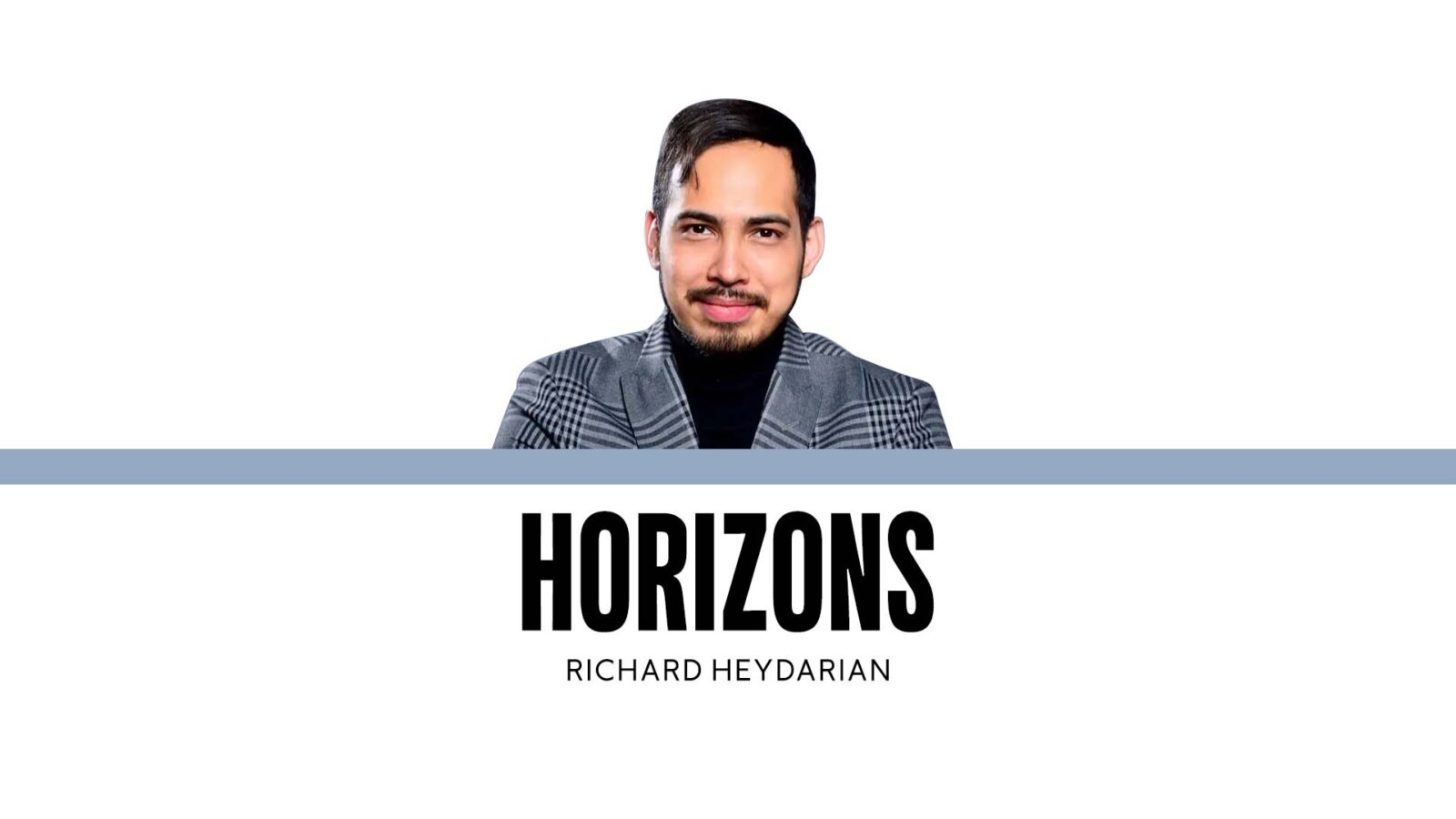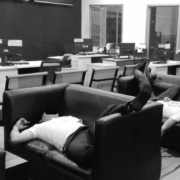Duterte, ICC, and our broken justice system

The International Criminal Court’s (ICC) latest decision marked a bittersweet moment. On one hand, it represented a major step toward justice for countless victims of former President Rodrigo Duterte’s scorched-earth, scammy drug war. Yet, it also serves as a poignant reminder of ”institutionalized impunity” in our country. As forecast by countless experts, the ICC had every reason to deny the Duterte camp’s request for an interim release. After all, the former president, who spent years taunting and insulting the international court, was a perfect candidate for rejection. Based on the Rome Statute, the foundational document undergirding the mandate of the ICC and the parameters of its jurisdiction, an interim release shall be granted to a detainee if, and only if, the three following conditions are met: (i) ensuring appearance at trial; (ii) preventing any form of obstruction of the investigation or the proceedings, and (iii) avoiding any potential commission of further crimes.
Not only the former president’s own track record and fatalistic chutzpah, but also his children’s reckless abandon and perilously unmediated public pronouncements contributed directly to his ultimate predicament. Duterte will most likely spend his twilight years in a gloomy warehouse-looking detention center on the deceptively rustic outskirts of the notoriously officious The Hague. This is a particularly ignominious end for a vivacious despot, who spent a lifetime breaking institutions and winning votes with a toxic cocktail of demagogic charisma and Machiavellian ruthlessness.
The tragicomic, Dostoyevsky-like tone of the 23-page ruling is hard to miss. The Court pointed out, inter alia, how Duterte’s supporters accusing the ICC of “kidnapping” potentially foreclosed any possibility of reprieve. I mean, who is willing to ”return” to his kidnapper, if granted interim or any form of release? Worse, Vice President Sara Duterte sealed the deal by mentioning a potential jailbreak or repatriation of her father to Davao, where he has enjoyed a spectral ”cardboard-mayor” reign since the midterm elections. A return to power and political habitat, the chamber argued, would place the recently elected Davao cardboard-mayor in the “very position that allowed him to commit the crimes for which his arrest and surrender to the Court was initially sought.”
Nor did Duterte’s family and supporters help him when they began trolling and trashing the ICC. The desperate appeal to ”humanitarian consideration” also fell on deaf ears, since the chamber was happy to remind everyone of the former president’s comparatively luxurious accommodation and world-class health care, including ”[a] qualified medical officer with experience in psychiatry shall be available to attend the detention center [and a] nurse shall be present at the detention center at all times.”
As former Sen. Antonio Trillanes IV told me on my podcast “Deep Dive” recently, warrants of arrest for Duterte henchmen, such as Senators Ronald ”Bato” dela Rosa and Christopher ”Bong” Go, are in the pipeline. So, a “Group Hague” scenario in early 2026 is more likely than ever. The ICC’s decisive intervention, however, is also a tragic reminder of the failure of our own judicial institutions. The haplessly performative Senate resolution in favor of Duterte’s interim release last month is only the latest reminder that had Duterte not been handed over to the ICC, justice would have been eternally unattainable. Worse, think of the Integrated Bar of the Philippines Davao chapter’s “Golden Pillar of Law Award” for an ICC-level alleged criminal. Worse than pathetic!
Our fundamental democratic crisis is “institutionalized impunity.” Corruption is more of an effect than a cause of our current predicaments. Corruption festers when there is impunity, when domestic judicial institutions have failed to hold even a single high-level official accountable in recent memory. Has any ”big fish” been held accountable for Marcos dictatorship-era crimes? How many presidents or senators have been held fully accountable for countless corruption scandals in the past three decades?
But can we expect our judicial system to be any more effective when, until recently, the judiciary received barely a single percent of the national budget? When a lower court has to grapple with an average of 4,000 cases daily? When there is barely a single court for every 50,000 Filipinos? When a single judge has to deal with more than 600 cases annually? When our prisons have close to 400 percent overcapacity? When almost two-thirds of those behind bars are pretrial detainees who were never convicted of a crime but are in years-long court proceedings?
Unless we invest in and modernize our judicial institutions, the triple evils of corruption, impunity, and incompetence will continue to sink our democratic aspirations.
—————-
richard.heydarian@inquirer.net


















